Business
‘$645 for three visits’ — CNN correspondent faults Nigeria’s costly visa system

Larry Madowo, an international correspondent with CNN, says his experience with Nigeria’s visa system was frustrating.
Madowo made the complaint in a post on his LinkedIn page on Monday.
The journalist said he paid $215 for a single-entry visa to the country despite visiting twice this year alone.
Citizens of Kenya, where Madowo hails from, are required to pay $25 for a single-entry visa, according to the Nigeria Immigration Service (NIS).
The former BBC correspondent said he paid a $20 “processing fee” and $170 for biometrics each time he visited the country.
“My fingerprints haven’t changed since I was here 3 weeks ago, why am I paying $170 to have them taken and to pose for a picture each time I visit? Isn’t that a standard part of admitting someone into a country?” Madowo said.
“How can we achieve a borderless Africa, or the promise of the AfCFTA, if we charge Africans $215 for a single-entry visa?”
Last year, Kenyan President William Ruto said Africans travelling to the country would no longer need visas by December 2023.
However, Awele Nwandu, a development worker, told newsmen she paid about $35 dollars for her visa to the East African country in March.
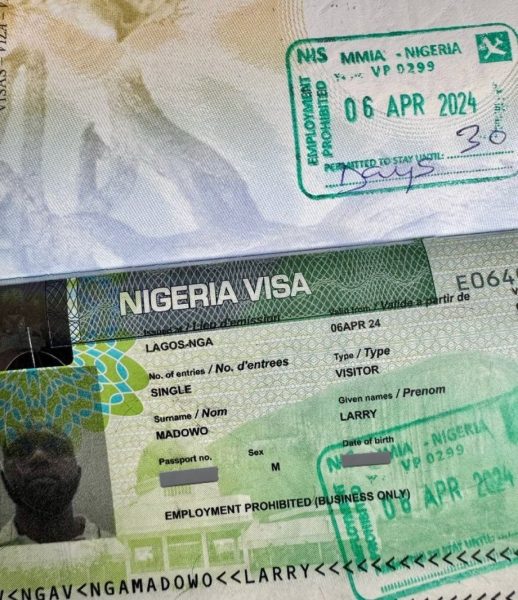
Madowo compared the Nigerian visa system to Kenya’s visa free “delusion”.
“In the 3 weeks since I was last in Lagos, I went to Uganda, South Africa and Ghana where I don’t need a visa with a Kenyan passport. In fact, I’ve also been to South Africa 3 times this year. It cost me $0, like the ancestors intended,” he added.
“Nigeria’s visa-on-arrival system is similar to the “visa-free” delusion of Kenya’s Electronic Travel Authorization — you apply in advance, submit some documents and wait for it to be approved. It can take up to 5 business days. If you know “someone,” you can pay them $50 or more to “facilitate” a faster approval.
“I love Nigeria, but the visa situation is showing me shege. It’s too much oo! Why this Shege Pro Max?”
The African Union (AU) has been vocal about its desire for Africans to “see themselves as one people united under the ideals of pan-Africanism” which requires visa-free travel within the continent.
In the past decade, the AU has repeatedly called for the removal of “the physical and invisible barriers” that have prevented the integration of Africans.
Only Seychelles, The Gambia, and Benin offer entry to all African citizens without a visa, according to a 2022 AU report.
Business
NNPC says fuel queues would be cleared today
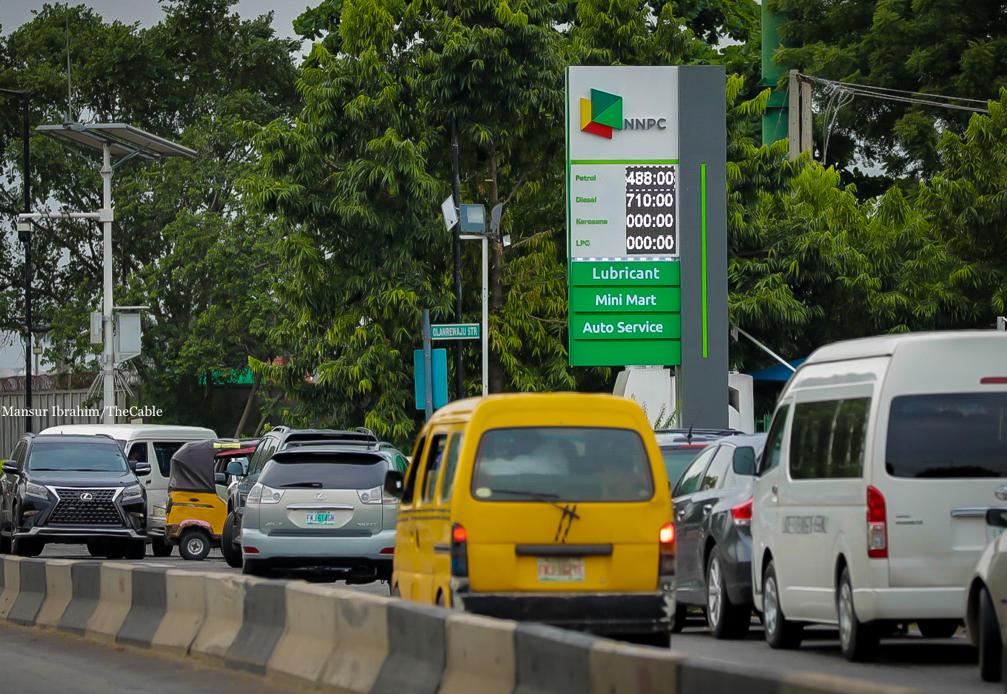
The Nigerian National Petroleum Company (NNPC) Limited has informed the public that the current fuel shortages and the accompanying queues will be resolved by Wednesday.
Olufemi Soneye, Chief Communications Officer at NNPCL, shared this information with the News Agency of Nigeria (NAN) on Tuesday in Lagos.
He stated that the company has more than 1.5 billion litres of fuel in stock, sufficient to last for at least 30 days.
“Unfortunately, we experienced a three-day disruption in distribution due to logistical issues, which has since been resolved.
“However, as you know, overcoming such disruptions typically requires double the amount of time to return to normal operations.
“Some folks are taking advantage of this situation to maximize profits.
“Thankfully, product scarcity has been minimal lately, but these folks might be exploiting the situation for unwarranted gain.
“The lines will be cleared out between today and tomorrow,” Soneye assured.
Business
FG approves 35% salary increase for civil servants
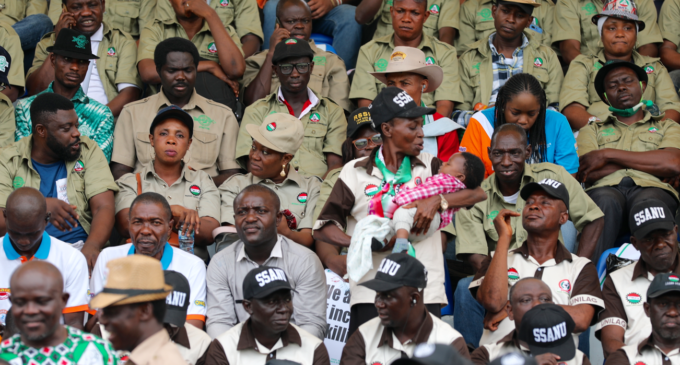
The federal government has approved an increase of between 25 percent and 35 percent salary increase for civil servants on the six consolidated salary structures.
NAN reports that the salary increase, announced on the eve of the Workers’ Day celebration, is contained in a statement issued by Emmanuel Njoku, head of press, at the national salaries, incomes and wages commission (NSIWC).
The statement said the increase takes effect from January 1, 2024.
The six consolidated salary structures are consolidated public service salary structure (CONPSS); consolidated research and allied institutions salary structure (CONRAISS); consolidated police salary structure (CONPOSS); consolidated para-military salary structure (CONPASS); consolidated intelligence community salary structure (CONICCS); and consolidated armed forces salary structure (CONAFSS).
The federal government also approved an increase in pension of between 20 percent and 28 percent for pensioners on the defined benefits scheme with respect to the six consolidated salary structures.
Health workers, academic and non-academic staff working in federal tertiary institutions are not included in this latest salary increase.
In July 2023, the federal government approved a 25 percent salary increase for health workers under the consolidated health salary structure (CONHESS) and consolidated medical salary structure (CONMESS).
In September 2023, the federal government also announced a percentage increase in salaries for academic and non-academic staff of all tertiary institutions across the country.
Business
Reps asks NERC to suspend implementation of new electricity tariff
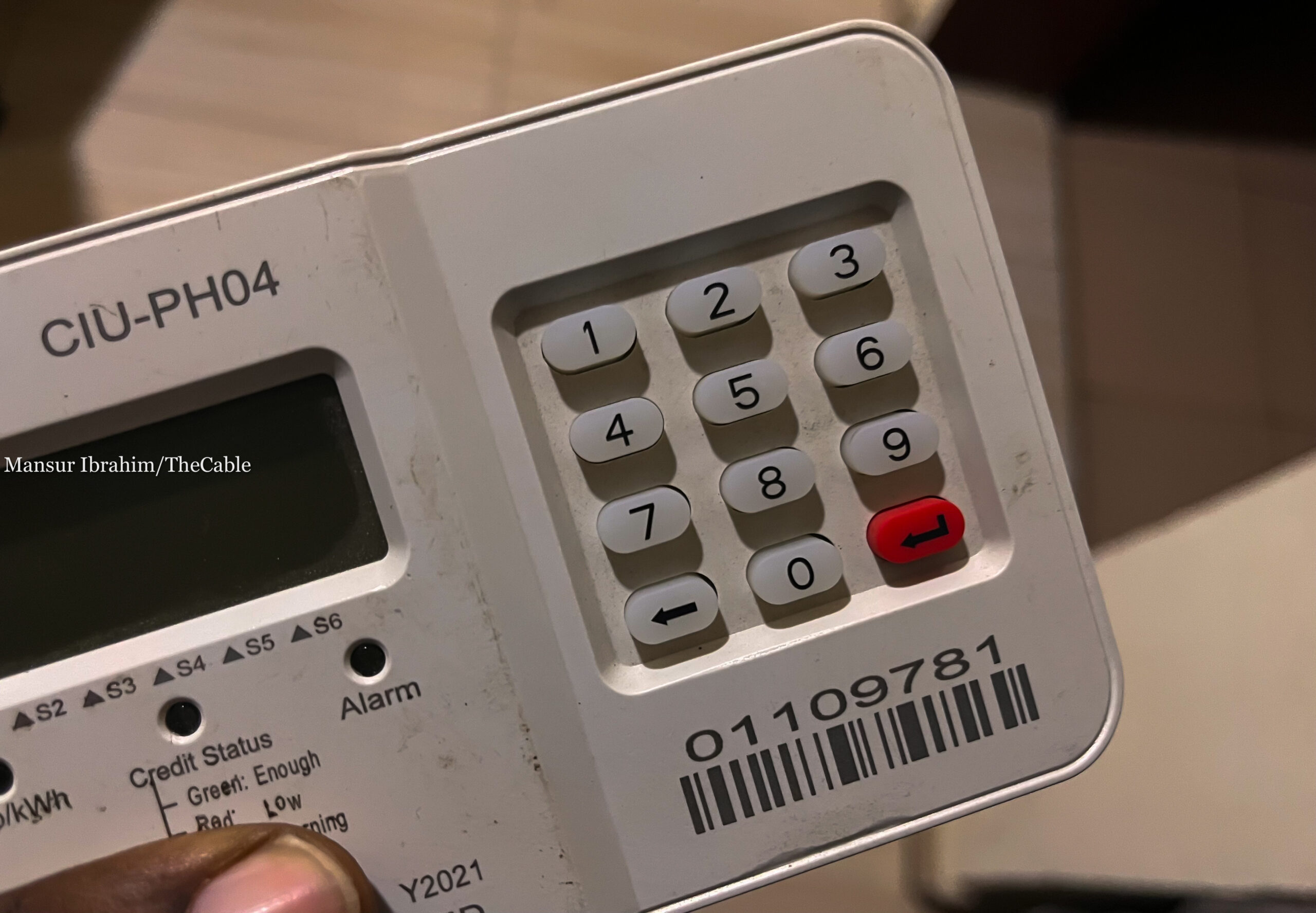
The house of representatives has asked the Nigeria Electricity Regulatory Commission (NERC) to suspend the implementation of the new tariff.
The lower legislative chamber passed the resolution during plenary session on Tuesday, following the adoption of a motion of urgent public importance.
The motion was sponsored by Nkemkanma Kama, a Labour Party (LP) lawmaker from Enonyi state.
On April 3, NERC approved an increase in electricity tariff for customers under the Band A classification.
The commission said customers under the category, who receive 20 hours of electricity supply daily, would begin to pay N225 per kilowatt (kW), starting from April 3 — up from N66.
Defending the tariff hike before the senate committee on power on Monday, Adebayo Adelabu, minister of power, said the federal government could not afford to pay subsidies on power anymore.
He said for the sector to be revived, the government needs to spend about $10 billion annually in the next 10 years.
“This is because of the infrastructure requirement for the stability of the sector, but the government cannot afford that,” the minister had said.
Adelabu said investors are now showing interest in the electricity sector because of the increased electricity tariff for Band A customers.
-

 News1 week ago
News1 week agoFAAN reopens Lagos airport runway after Dana Air incident
-
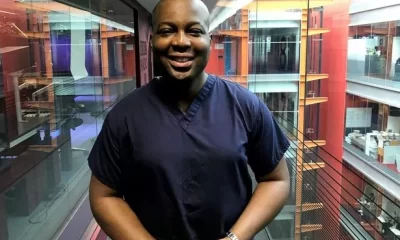
 Crime2 days ago
Crime2 days agoUK-based Nigerian doctor, Tijion Esho loses licences over sex for free Botox injections
-
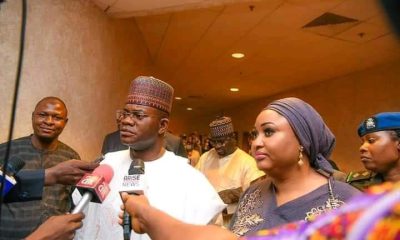
 News5 days ago
News5 days ago‘Mischievous narrative’ — Yahaya Bello’s media office reacts to ‘American school refunding $760k’ claim
-
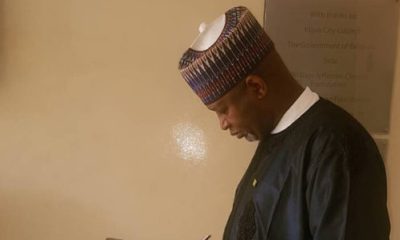
 News1 week ago
News1 week agoNigeria Air: EFCC vows to arraign Sirika over alleged contract fraud
-

 Education1 week ago
Education1 week agoUNN suspends, probes lecturer attempting to sexually assault female student
-

 Entertainment2 days ago
Entertainment2 days agoGunmen abduct singer Gnewzy in Delta, demand $200k ransom
-

 Entertainment5 days ago
Entertainment5 days agoFamily announces burial arrangements for junior pope
-
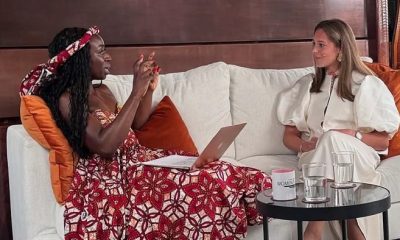
 World7 days ago
World7 days agoNigerian lady Clara Chizoba Kronborg certified as world record holder for longest interviewing marathon


















